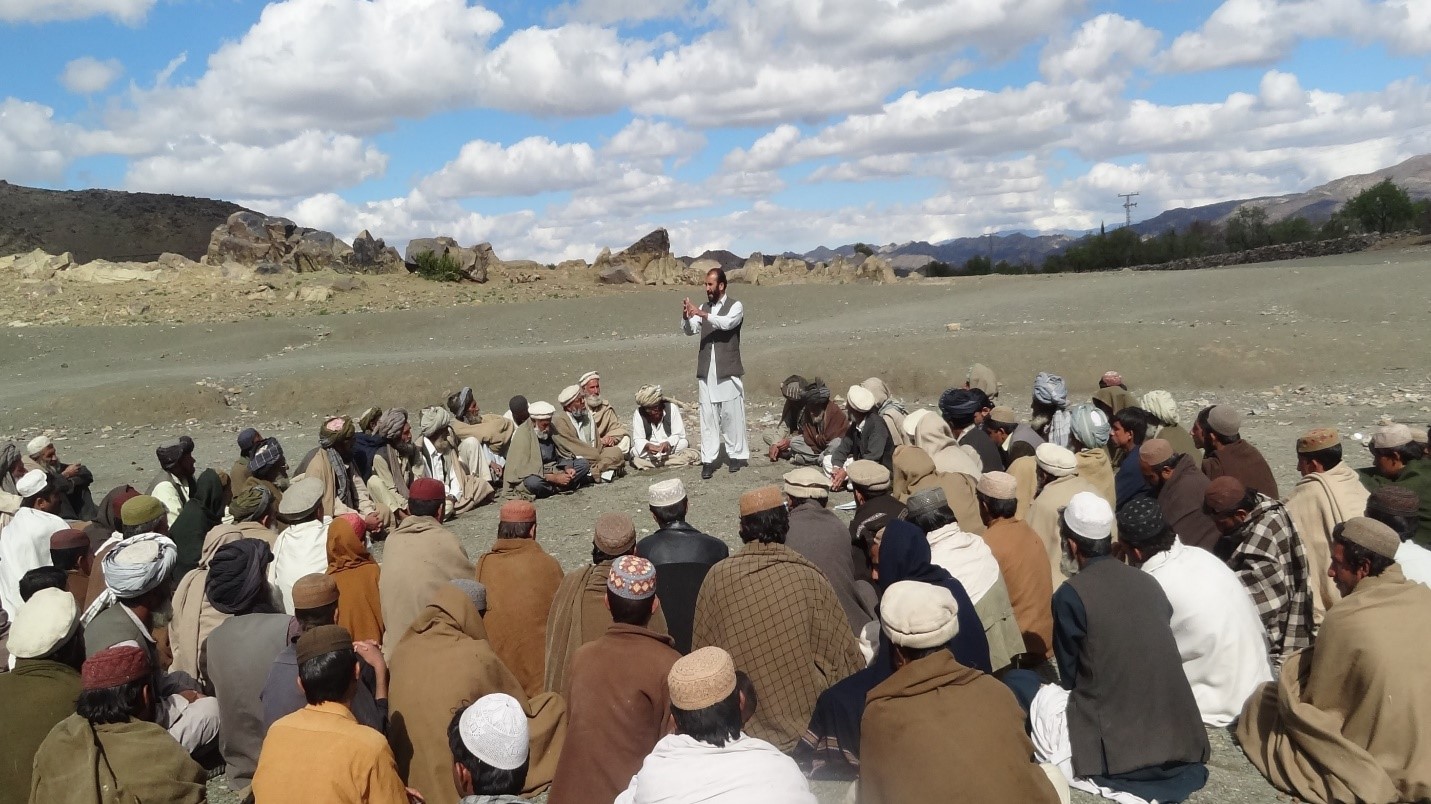Recent International Development PhD graduate, Thomas Höhne-Sparborth, has been named in a list of fourteen finalists for this year’s Global Challenges Foundation’s New Shape Prize.
The New Shape Prize is the biggest competition of its kind, seeking improved frameworks of global governance of global catastrophic risks. It was open for submissions from November 2016 to September 2017, and since, has received 2,702 entries from 122 countries.
Thomas’s proposal was chosen as one of the fourteen finalists for the prize, and appeared before the final jury at the New Shape Forum in Stockholm, Sweden, 27-29 May 2018. His submission proposes a reform to increase the involvement of the private sector in order to solve global challenges. The reform regards the insertion of social conditionality in intellectual property agreements. The granting of a patent would require licensees to abide by similar industry best practices as licensors. The inclusion of such conditionality would be promoted and facilitated through the foundation of a Global Partnership for Social Patents. This organization would also liaise with civil society, provide technical expertise to licensees, and would ensure accountability by acting as an interested party in license agreements regarding the intellectual property. (Read the entire submission here.)
Thomas joined Roskill in 2012, a metals and minerals consultancy, where he is presently their director for Economics & Analytics, specializing in the socio-economic role of mining industries and the impact of automotive electrification on raw materials and sustainability. During this time, he also received a full scholarship from the London School of Economics and Political Science, where he recently completed his doctoral degree on the regional effects of armed conflict.
You can read submissions from The New Shape Prize awardees here.
The views expressed in this post are those of the author and in no way reflect those of the International Development LSE blog or the London School of Economics and Political Science.






Wow, excellent submission by this PhD student, having the private sector more involved in global cooperation but with due accountability sounds like a great proposal.